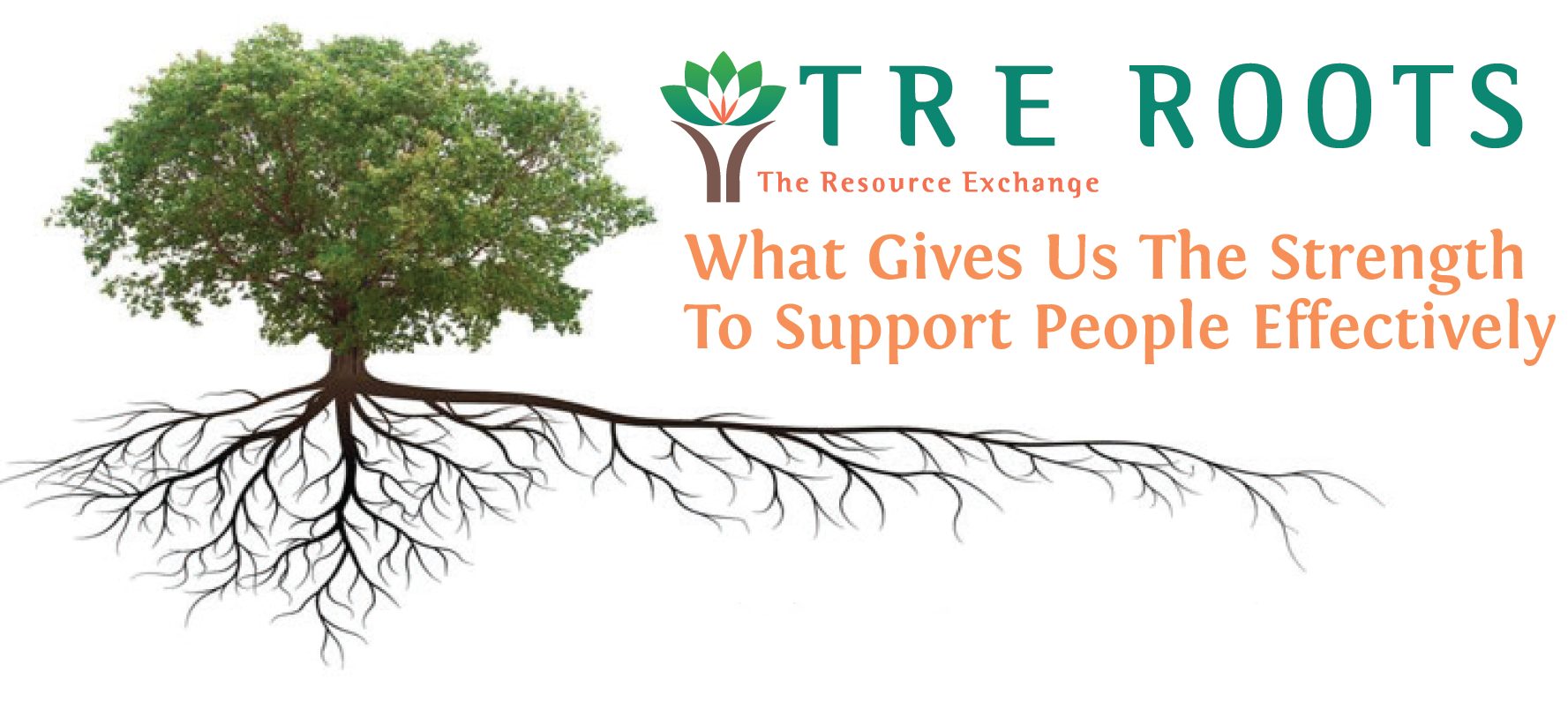

We are proud to share the next in our series of TRE’s cultural “roots”, guideposts that have been identified by TRE as critical to our work. Read more about this organizational effort at www.tre.org/blog-tre-roots/.
TRE Root #8 – PAY ATTENTION TO DETAIL
There are many drivers that influence our work and require us to pay attention to detail – our contract requirements, confidentiality laws, the people we support, record-keeping requirements, etc. Detail is also important in the image and credibility it reinforces.
When we pay attention to detail, we aren’t just checking the spelling in our work or ensuring information is filed correctly, we are also investing in the personal impact of information. One of my regular activities is sending notes to people for a variety of reasons – staff anniversaries, condolences when someone in services has passed away, or thanking donors who are investing in our mission. I work to know as much detail as is feasible before writing those notes so that they can be personalized and express my true feelings. I want to make sure I spell their name correctly, that the information I write is accurate and shows I’m not just writing the note in a perfunctory way. All of our work is about people, no matter what position you hold at TRE. Attention to detail should reflect your efforts for accuracy as well as personal investment.
I also see what happens when we do not pay attention to detail. The impact can be minor, but it can also be significant. For example, we can provide too little detail in our documentation which results in the next person not fully understanding the information or what was done. This can lead to additional time needing to be spent either researching further to understand the information or having conversations to clarify the information. Without attention to detail, we can also breach a person’s privacy rights by not paying attention to the information we are sharing with people which results in the potential for their personal information to be misused and then TRE must pay to protect their identity for a period of time. Another example is that we can provide too little detail in our documentation and then be challenged in a complaint or a lawsuit because the detail is not available to truly reflect what we did as an organization. Over the 35 years I’ve been working in this field, I’ve always remembered what I was told within my first week – if you do not document it, it never happened. The detail is very important.
As you go about your work, consider the following:
- Take time in your team to discuss the ways paying attention to detail impacts your work.
- Reflect on how you can balance the need to pay attention to detail with managing heavy workloads. How can we help one another?
- Share your thoughts on paying attention to detail – what impact does it have on your work or your team’s efforts?






Leave a Reply